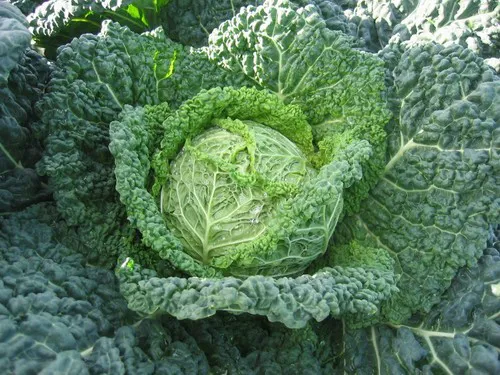The Italian genome editing law presented by the president of the Agriculture Commission, Filippo Gallinella, marks a turning point in Italian horticulture, according to Assosementi, the organization that unites Italian breeders and seed companies. The New Genomic Techniques (NGTs) offers a concrete approach to overcoming the problems the sector has faced in recent months. Gallinella's proposal is currently being discussed in the Social Affairs and Agriculture Committees of the Chamber of Deputies.
According to a study conducted by the research firm HFFA Research*, plant innovation has resulted in water savings of nearly 50 billion m³ at a European scale over the past 20 years, representing a volume comparable to that of Lake Garda. "Given the drought crisis in horticulture, we believe that it is essential to have access to new genomic techniques, as they are precious tools to guarantee a crop that is sustainable from both an ecological and an economic standpoint," explained Alberto Lipparini, Director of Assosementi. "The seed sector has always supported the scientific and research community and therefore appreciates the initiative of Mr. Filippo Gallinella and the other signatories of the proposed law."

"With the damage caused by the imbalance of climate change now becoming quietly apparent, growers are constantly compelled to produce more, better, and with less. In this scenario, NGTs play a key role in the development of innovative and sustainable varieties that provide protection against plant diseases, new parasites, and drought and desertification. This was also highlighted by the European Commission in its '2021 Strategic Foresight Report'," Lipparini added.
"In the hope that the Parliament will have a quick discussion on the proposed law, we invite the government to support this legislative initiative so that our country and horticulture can be ready to face new challenges," concluded Lipparini.
* "The economic, social and environmental value of plant breeding in Europe and for some EU Member States," 2021, conducted by HFFA Research for Euroseeds. Click here for the full case study.
